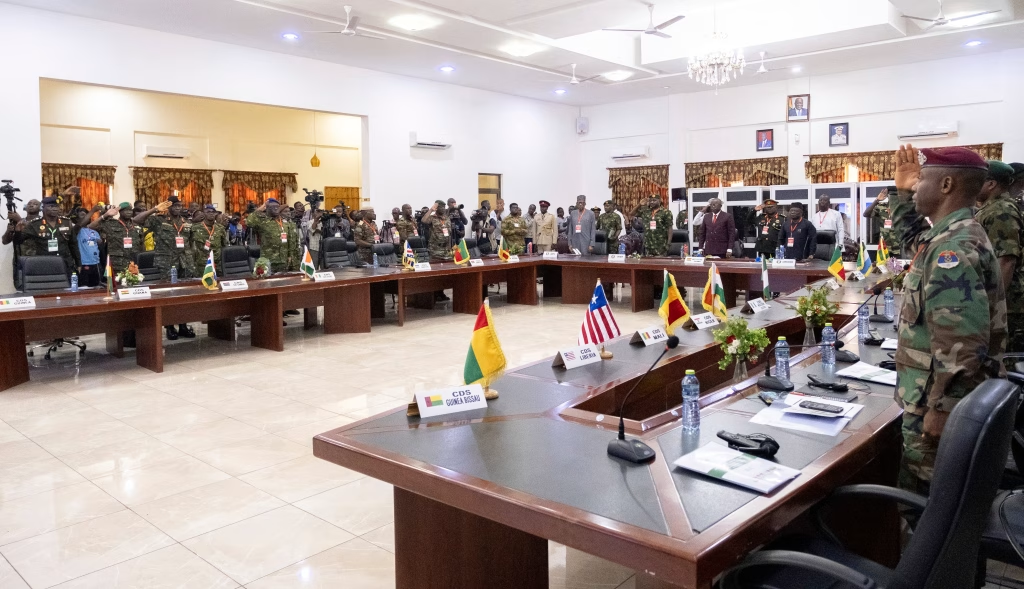The Economic Community of West African States (ECOWAS) convened a summit on Sunday in Abuja, Nigeria, with security concerns and the departure of three military-led member states—Burkina Faso, Mali, and Niger—taking centre stage.
The three countries, which announced their decision to leave the bloc earlier this year, reiterated that their exit is irreversible. They have accused ECOWAS of aligning with former colonial power France and have formed the Alliance of Sahel States (AES) as an alternative partnership, pivoting towards Russia for support.
The potential departure of Burkina Faso, Mali, and Niger—set to take effect in January 2025—could disrupt free trade, movement, and regional security cooperation in the Sahel, a region plagued by insurgencies.

Despite tensions, Senegalese President Bassirou Diomaye Faye, appointed by ECOWAS as a mediator, expressed optimism, citing progress in talks with the breakaway states. Togo’s President Faure Gnassingbe has also been mediating in the dispute.
The Sahel states, however, reaffirmed their commitment to withdraw. In a statement following a ministerial meeting in Niger’s capital, Niamey, on Friday, the three countries said they were focused on ensuring an orderly exit from ECOWAS that serves their people’s best interests.
All three nations have faced military coups and sustained insurgencies in recent years. ECOWAS member Guinea, which has been under military rule since a 2021 coup, has also struggled to meet deadlines set by the bloc for democratic elections.
Tensions escalated following ECOWAS threats of military intervention after Niger’s July 2023 coup, the region’s sixth in three years. Heavy sanctions were imposed on Niger, although some were eased in March to facilitate dialogue, particularly regarding the fate of ousted President Mohamed Bazoum, who remains detained.
While ECOWAS has sought to restore dialogue, the departure of these three countries poses a significant challenge to the bloc’s influence and unity. With the AES alliance gaining traction, the future of regional cooperation remains uncertain.


